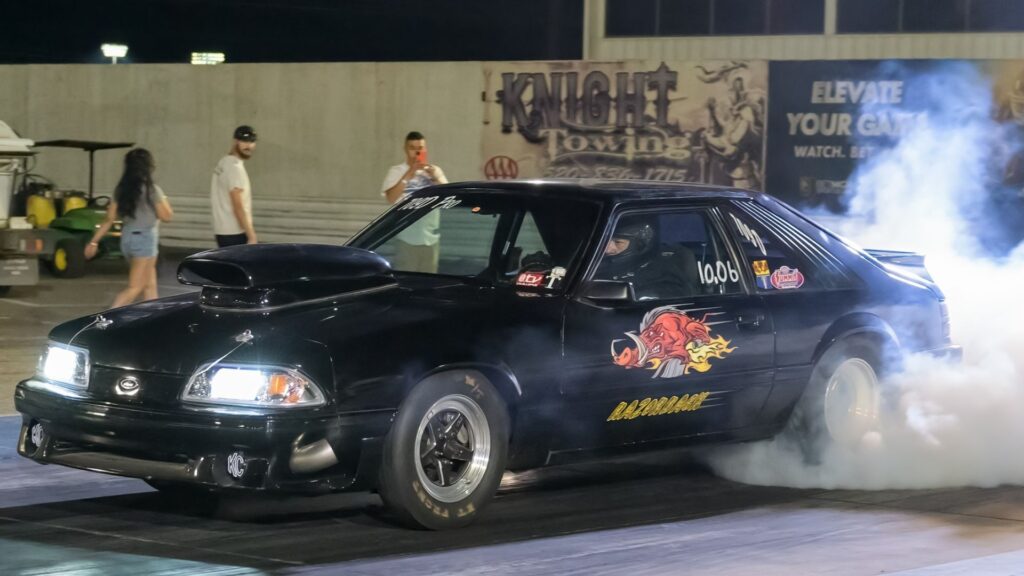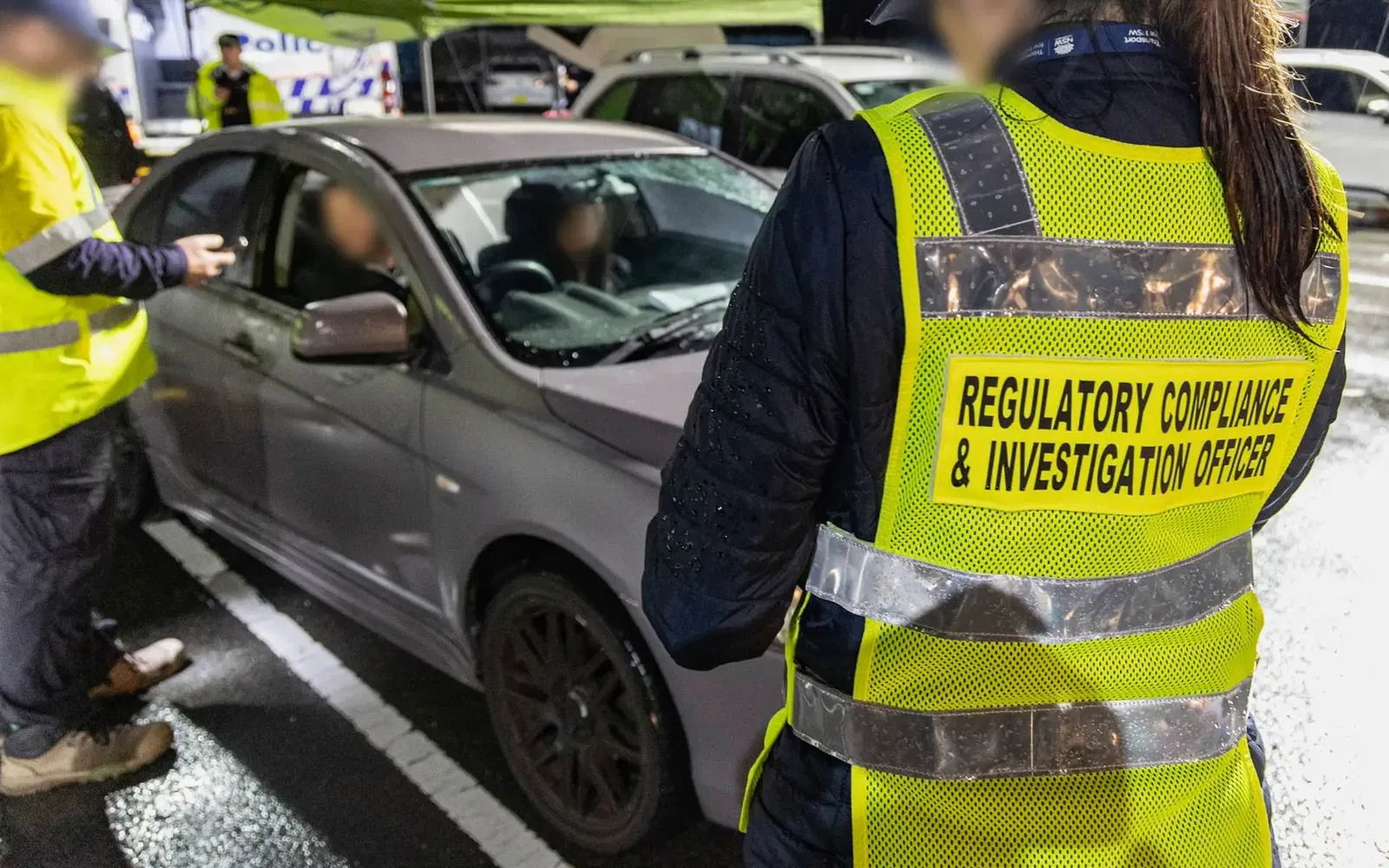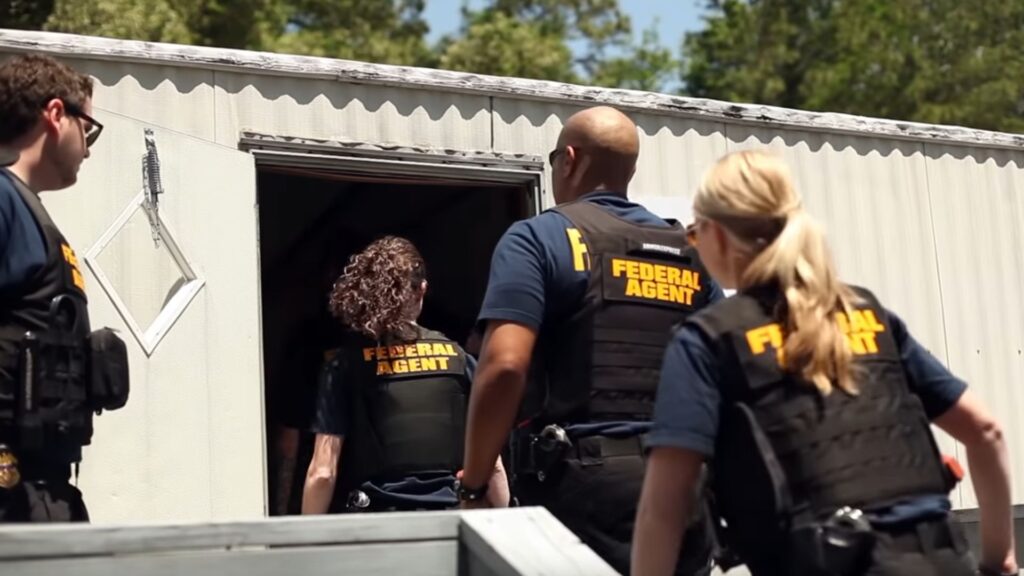The Silent War on Car Culture: How Big Brother is Outlawing Your Passion
The rumble of a modified exhaust used to be the soundtrack of American freedom. Today, it's becoming probable cause for a targeted crackdown. What began as reasonable emissions regulations has morphed into a full-scale assault on automotive enthusiasm. And the most frightening part is that enthusiasts are unwittingly helping the government dismantle their own culture.
The government doesn’t need to raid your garage to kill car culture. They don’t need to patrol the streets, busting every modified exhaust or turbocharged engine they find. No, they’ve found a far more effective way to dismantle automotive freedom: They’re making you do it for them.
From EPA crackdowns on aftermarket parts to state emissions testing that flags modified ECUs, the noose is tightening. But the real danger isn’t just the laws. It’s the growing army of snitches, sellouts, and surveillance tech that’s turning car enthusiasts against each other. This is how the war on modifications is being fought, and how car culture is losing.
See also:
The EPA's Stealth Campaign Against Performance

Most gearheads don't realize the Environmental Protection Agency has quietly transformed into the automotive modification police. Under the Clean Air Act's Section 203, the EPA now interprets nearly any performance modification as a "defeat device," a felony punishable by up to $4,819 per violation per day. Their enforcement arm has grown bolder each year.
Premier Performance was one of the largest aftermarket defeat device distributors penalized by the EPA, reaching a $3 million settlement in 2022 for selling thousands of emissions-altering products, including ECU tuners and bypass modules that allowed vehicles to operate without proper emissions systems. Naturally, the company was required to halt sales and report compliance moving forward.
Similarly, COBB Tuning, known for its Accessport tuning devices, faced scrutiny for selling software that allowed users to modify emissions-related parameters in their vehicles. In response, COBB voluntarily removed certain features from its software and shifted toward emissions-compliant tuning to avoid further legal action.
While these cases reflect the EPA’s increasing war on mods, the most chilling development is the EPA's whistleblower program that pays citizens up to $10,000 for reporting modified vehicles and aftermarket companies.
This financial incentive has created a thriving snitch economy. Online forums now harbor secret EPA informants documenting modification discussions.
What if some of these YouTube channels filming license plates of modified vehicles are actually dedicated to "reporting polluters" behind the scene? Even disgruntled ex-employees have turned in their former tuning shops for payouts. The message is clear; your car community may already be compromised.
The Surveillance Tech Killing Street Mods

Modern vehicles have become rolling surveillance platforms. OBD-II ports, once simple diagnostic tools, now feed data to government databases through mandatory emissions testing.
California's BAR-OIS system automatically flags any ECU that doesn't match factory specs. New York and Colorado have implemented automated exhaust noise cameras that ticket modified vehicles using acoustic fingerprinting.
Don't be surprised by police cruisers, equipped with ALPR (Automated License Plate Readers), cross-referencing every scanned plate against emissions compliance databases. Drive a deleted diesel truck past one of these cameras, and You might find a "Notice of Violation" in your mailbox weeks later, even if you never received a traffic stop.
Manufacturers have become willing accomplices in this crackdown. Tesla remotely disables vehicles with aftermarket tunes. Ford's newer trucks transmit engine data directly to corporate servers. GM's TIS2Web system creates permanent records of any dealership scan, building a digital paper trail that outlasts the vehicle itself.
See also:
The Coming Death Of Owner Modification

Future vehicles are being engineered to resist enthusiast tampering. BMW's FEMTO encrypted ECUs require $15,000 dealer tools to modify. Tesla's "Sentry Mode" is handy, since it can record footage of nearby modified vehicles.
As for Stellantis (Chrysler/Dodge/Ram), not much stands in its way of using over-the-air updates to overwrite unauthorized tunes overnight. General Motors has just recently patented a turbocharging technology that makes it even harder for tuners to modify the powertrain.
The aftermarket industry faces extinction through regulatory strangulation. What was once a thriving $45 billion industry now operates under constant threat.
Major performance companies either comply with increasingly restrictive rules or face existential fines. The result is a new generation of "approved modifications," translating to factory-sanctioned, emissions-legal, and most importantly, government-controlled.
Fighting Back Before It's Too Late

There are still pockets of resistance here and there. Underground tuning collectives are developing standalone engine management systems that bypass factory computers. Some states are pushing right-to-repair laws that could preserve modification rights. Savvy enthusiasts are moving discussions to encrypted platforms away from surveilled forums.
But time is running out. Every year brings new surveillance tech, harsher penalties, and more enthusiastic snitches. The golden era of modification may already be behind us, not because the passion died, but because the government made it too dangerous to continue.
The real question isn't whether car culture will survive. It's whether enthusiasts will wake up to the threat before there's nothing left to save. Because when the last modified car disappears from our streets, we'll have no one to blame but ourselves for letting it happen.